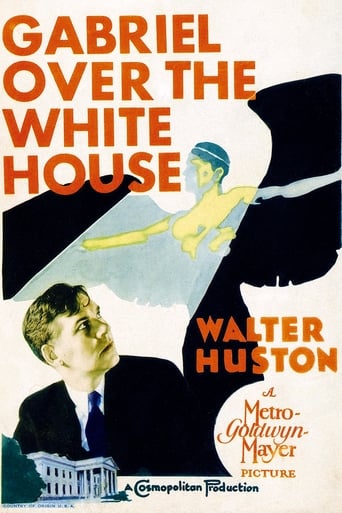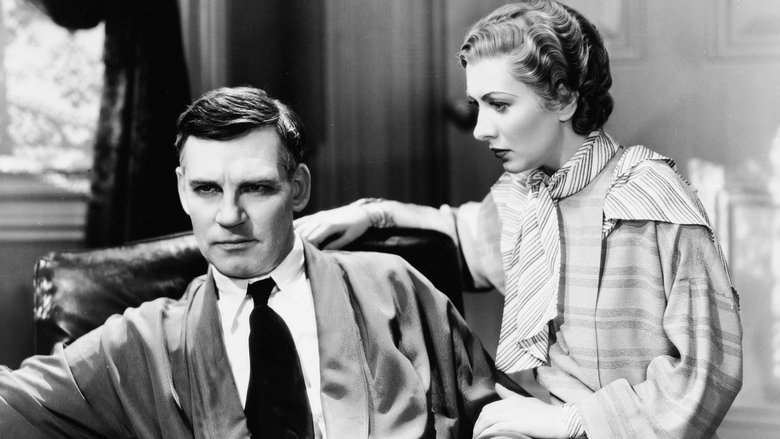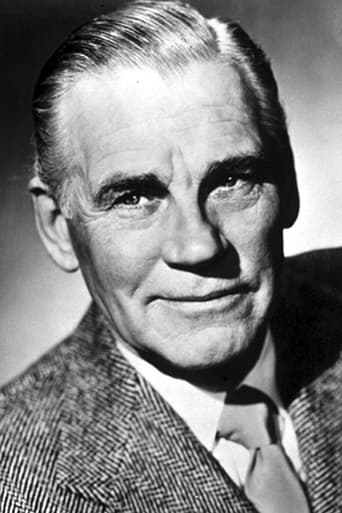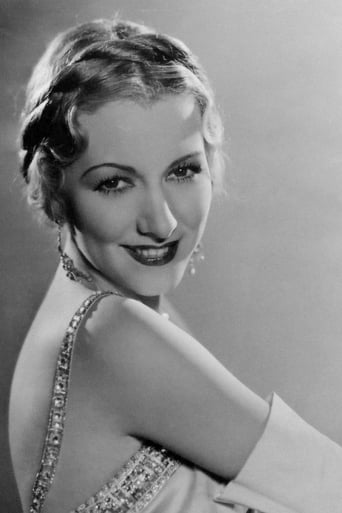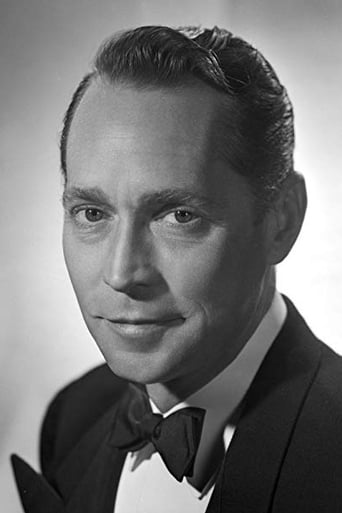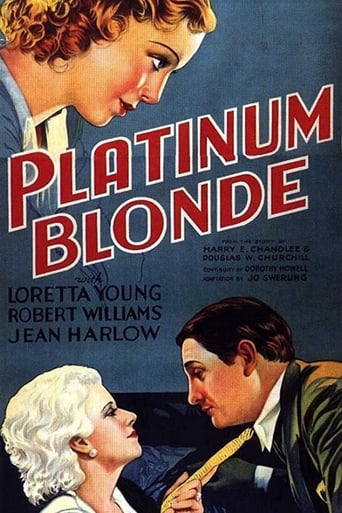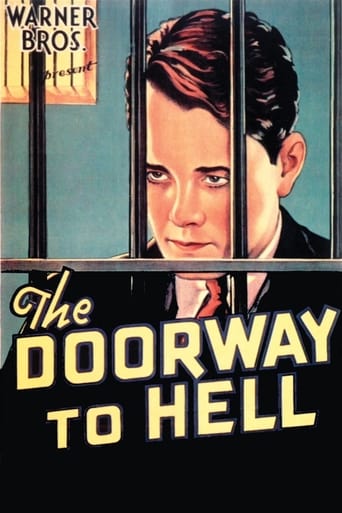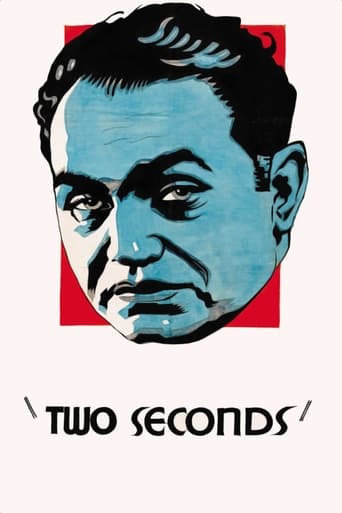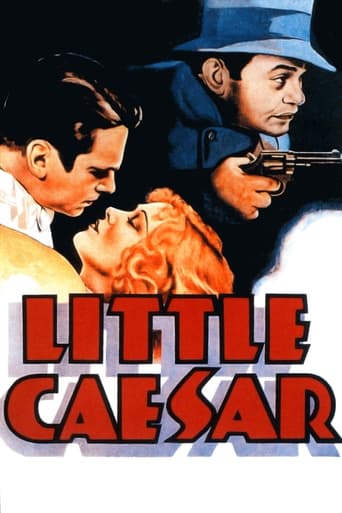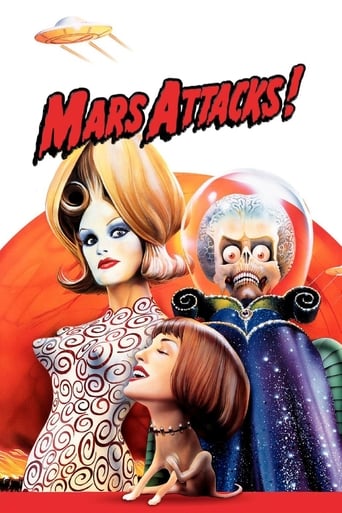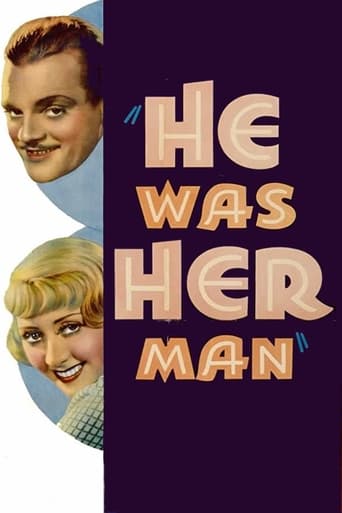Gabriel Over the White House (1933)
A political hack becomes President during the height of the Depression and undergoes a metamorphosis into an incorruptible statesman after a near-fatal accident.
Watch Trailer
Free Trial Channels
Cast


Similar titles
Reviews
Lack of good storyline.
What a freaking movie. So many twists and turns. Absolutely intense from start to finish.
Great example of an old-fashioned, pure-at-heart escapist event movie that doesn't pretend to be anything that it's not and has boat loads of fun being its own ludicrous self.
Great movie. Not sure what people expected but I found it highly entertaining.
The American political film genre has a long and highly respected tradition. Classics like "Mr. Smith Goes to Washington," "Advise and Consent," and "The Best Man," generally reflect a liberal political outlook. When a movie politician veers from his initially progressive agenda, such as in "All the King's Men" and "A Lion Is in the Streets," it is usually a sign that he has lost his moral compass and sown the seeds of his own self- destruction.In "Gabriel over the White House," Walter Huston's newly-elected President Hammond is initially a cynical career politician reminiscent of Warren Harding, a political hack steeped in the corrupt culture of backroom deals, nepotism, crony patronage, and influence-peddling. However, after a surviving a near-death experience he is transformed by an undefined supernatural force into an idealistic crusader for a much different agenda that he zealously pursues: a divine mission that includes an imperial Presidency that suspends Constitutional checks and balances, ignores civil liberties, and invokes martial law. The use of the name Gabriel in the title posits that this change in American government is sanctioned and approved by some kind of divine authority. In addition, Director Gregory LaCava also associates Lincoln's image with Huston's transformation, which gives his subsequent metamorphosis a gravitas and moral authority it might not otherwise have. The casting of respected character actor Walter Huston may not have been an arbitrary choice. Just three years earlier, the actor had played the title role in D. W. Griffith's last major film, "Abraham Lincoln," a part that was very closely associated with his 1933 screen image. (This is well before Huston played more iconic roles such as "Dodsworth" and "Treasure of the Sierra Madre.")Because of the tradition of American political films, viewers' preconceptions have often prompted the misreading of "Gabriel" as a Liberal diatribe. The film certainly does postulate that a totalitarian state of some stripe is the answer to America's problems. However, while there are certain aspects that may appear Leftist, there are more that are reminiscent of the Fascist policies of European National Socialism.Huston authorizes Franchot Tone's character to create a private federal police force which operates totally at the whim of the now dictatorial President. This force receives no governmental oversight and enforces the President's will without due process. It is reminiscent of the then-powerful Ernst Rohm's SA in Germany. Rohm and the SA would not be eliminated until the infamous "Night of the Long Knives" in 1934. Although it's difficult to judge color in a black and white film, the uniforms of Tone's "storm troopers" appear to be brown. Their military tribunal summarily dispatches the undesirable criminal foreign immigrants without aid of counsel in the manner of a totalitarian state. President Hammond's demonizing of foreign elements as the cause of the country's social ills suggests the tactics used by European fascism in the early 30s. What is the nationality of C. Henry Gordon, who plays foreign immigrant hoodlum Nick Diamond? Early on it is shown that Diamond's real name is something ending with a "ski." Although he is careful not to use a clearly identifiable Italian or Eastern European accent, Gordon, a native New Yorker, specialized in swarthy villains throughout his career, most memorably as the Muslim fanatic Surat Khan, who massacred prisoners including women and children under a white flag in the Errol Flynn epic, "The Charge of the Light Brigade." Especially impressive is the bravura, almost 360 degree camera dolly during the firing squad sequence in which Gordon and his immigrant criminal associates are summarily executed. The shot ironically shows the Statue of Liberty in the background, clearly implying with in-your- face pointed irony that these executions are taking place on Ellis Island. The saber-rattling show of military force toward the end of the film in order to collect outstanding WWI debt is somewhat reminiscent of Billy Mitchell's famous demonstrations of air power from a decade earlier. (In fact, it has been reported that archival footage from the Mitchell demonstrations is used in this sequence.) Among the countries Hammond signs agreements with are France, and ironically Italy and Japan. Huston's bellicose, thinly-disguised threats of military action are not unlike Germany's bullying of Europe during the Thirties.One of the last statements the dying Huston character says is that the power structure he has left in place will last a "millenium." Does the use of a thousand years as a political time frame sound like a familiar paraphrase (i.e. Hitler's Thousand Year Reich)?The original book was written anonymously by someone named Tweed. (How's that for a nom-de-plume?), but the real power and economic force behind "Gabriel over the White House" as a novel and movie was William Randolph Hearst. Although Hearst was a progressive reformer when he first began delving into politics, by the early 30s he had moved to the right and was a great admirer of Mussolini. (In the opening newsreel montage of "Citizen Kane," Kane, a thinly-disguised roman-a-clef version of Hearst, can be seen schmoozing with Facists.) Despite this, Hearst was an avid Roosevelt supporter in 1932 although at that time he couldn't have known the full extent of FDR's New Deal agenda. Hearst had established his own production company, Cosmopolitan Pictures, at MGM in order to insure the production of star vehicles for his mistress, Marion Davies. This clout undoubtedly aided him in securing Metro's support of the picture. Hearst reportedly submitted the script to Roosevelt who apparently approved of it but asked for some changes. No one has said definitively what Roosevelt contributed, but it was agreed that for a variety of reasons, distribution would be postponed until 1933, well after the election.Today "Gabriel over the White House" is looked upon today as an aberrant curiosity and relic from Hollywood's pre-Code era. In 1932 America was in a dark place, and I think "Gabriel" clearly reflects that angst-ridden period on our history.
I'm not always a big fan of movie remakes, but every once in a while a film comes along that is just screaming out to be remade...and it seems to me that this is one of those films. The primary reason I think that is because the historical perspective that allows this film to make sense is missing. Few Americans today know of the Wilson-era march on Washington by WWI soldiers, as well as a number of other events that helped frame this movie when it was made back in 1933.Other reviews here outline some of the tapestry of the time -- FDR, the New Deal, and William Randolf Hearst -- so I won't go into that pertinent history, but I do recommend that you read one of the historical blurbs about this film BEFORE watching it...that will clear up a lot of confusion about exactly what's going on here. The Wikipedia synopsis of the film does this quite well, as one example.Another problem with this film, was that it is like so many Pre-Code films where production values were not very sophisticated. Here you will see too-long silences where today they might be some background music.This is not to say that this film will not interest movie lovers, but a modern audience may find it a bit stodgy. I enjoyed it because I have long felt that Walter Huston is a much-forgotten fine actor. Most who do recognize him today see him more as a character actor, but he was a true star at one time, and his performances are almost always quite stellar (including here). It's never totally clear in the film whether the President is receiving divine guidance from Gabriel (or God), or not...though it is clearly implied...and certainly has a sinister note to it...but then again, you must consider William Randolph Hearst's influence here. Spooky!
Movies provide a window into the thinking and trends of a particular era, and this film provides *incredible* insight into what many people were thinking in the 1930s, in the years leading up to WWII. I gave this film 7 out of 10 not because I think it's a great film, but because I think it provides tremendous insight into the fears and, at times, warped thinking, of the 1930s.This is right-wing, fascist propaganda at its most cunning and most sincere. Watching it a first time, you might think, "The film makers were being ironic; this a cautionary tale." Nope! This is a genuine endorsement of "benevolent dictatorship" -- fascism. When the crowd cheers the President for evoking martial law, the audience of the film at the time, many of them facing desperate economic times and living in fear, was meant to cheer too. When you read history and wonder how people could cheer speeches by Charles Lindbergh (one of the most popular fascists in the USA of the time) and even Hitler, this film shows how.Watch this film, where such fascist ideas are heroic, and then watch "Meet John Doe", made nine years later, where the exact same ideas (voiced by the media mogul D.B. Norton) are horrific, and you get an idea of the political ideological battles in the USA (and beyond) before WWII. This film was produced by real-life media mogul William Randolph Hearst, and speaks volumes about his very earnest and very autocratic beliefs.It's a jaw-dropping film and an excellent example of unabashed propaganda. Zowie.
No need to repeat points already made about the film's interesting origin or plot line. For once, MGM's lavish production machinery is put to excellent use. The crowd scenes are quite convincing both in size and in tone. Catch that early scene where the silken Karen Morley makes an unexpected call on the newly sworn-in president. It's a minor masterpiece of adult-level innuendo, beautifully performed and directed. We know why she's there even if Franchot Tone's accommodating chief-of-staff takes a few moments to sink in. Yes, indeed, this is the White House and 30 years before the meandering young JFK. In fact, the script plays things revealingly cagey, never once disclosing Hammond's marital status-- a possible dictator, yes; but a possible philanderer, now that's just too touchy to reveal! In fact, the subject matter is, on the whole, intelligently handled, even if it has to include moments of occult intervention-- a reference that usually puts a strain on my digestive tract. Director La Cava knew how to keep results under control, which is key to the movie's success. Sure, it's primarily a document of its time, but when I read in today's news about a "unitary presidency", and "presidential signings exemptions" from the laws Congress passes, I'm not so sure that the past remains the past. Anyway, this wacky excursion into the realm of political fantasy stands as a one-of-a-kind and should not be missed.

